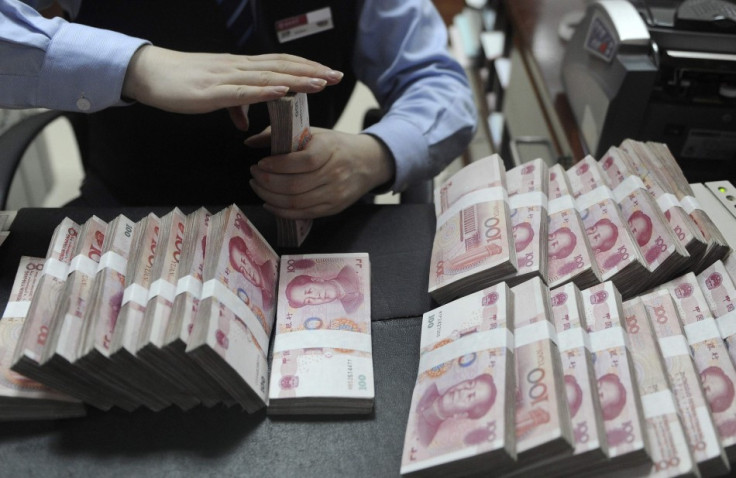Brics Summit: China and Brazil Ink $30bn Currency Swap Deal

Emerging economies China and Brazil have sealed a direct currency swap deal, in an effort to safeguard the two countries against future global financial crises as well as support the growing trade between them.
Announced last year by Brazilian president Dilma Rousseff and former Chinese premier Wen Jiabao on the sidelines of the Rio+20 environmental summit, the deal will allow the countries' central banks to swap local currencies worth up to 190 billion yuan or 60 billion reals ($30bn; £20bn) per year. It will be valid for three years and has the option for an extension.
The agreement is expected to ensure smooth bilateral trade between the countries regardless of fluctuations in the global economic conditions, while taking almost half of the countries' trade exchanges out of the US dollar zone.
The pact, which was finally signed at the fifth Brics summit being held in the South African city of Durban, will guarantee the flow of Brazil's growing soy, iron ore and other exports to China and imports of electronics and machinery to Brazil from China.
"The purpose of this swap is that, independent of the conditions prevailing in the international financial market, we will have $30bn available which would represent eight months of exports from Brazil to China and 10 months of imports to Brazil from China," said Alexandre Tombini, president of Brazil's central bank, in a press conference in South Africa.
"This is an important step in the strengthening of trade and financial ties between Brazil and China."
China's is Brazil's biggest trading partner at present with a trade volume of about $75bn between the two countries in 2012.
Having signed a number of pacts with its key trading partners, the world's second-largest economy has been trying to promote the yuan as an alternative to the US dollar as a global reserve currency.
Such deals help firms to settle trade in local currencies rather than the prevalent way of doing that in US dollars. According to a recent Reuters report, HSBC launched a solution to centralise transactions of a Fortune 500 company in China and settle trades in the mainland currency.
Last year, China inked a swap deal with Australia worth up to A$30bn ($31bn, £20bn) to promote trade and investment between the countries.
The Bank of England earlier said that it was in negotiations with China's central bank to finalise a three-year swap agreement. In addition, China is looking to make currency swap deals with Hong Kong and Japan.
© Copyright IBTimes 2024. All rights reserved.






